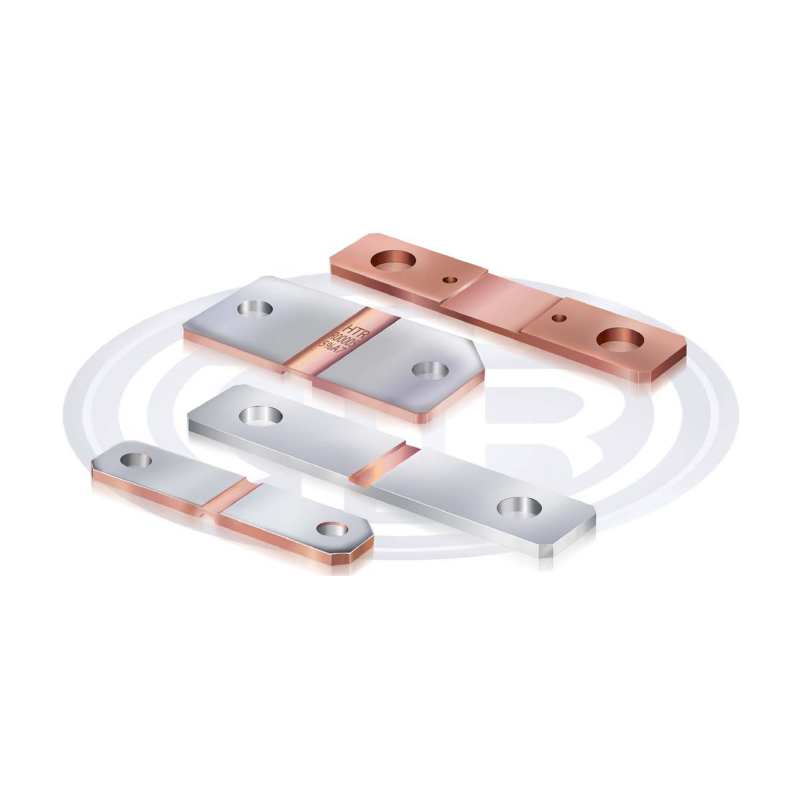Busbar shunt resistors offer low TCR, tight tolerance solutions for EV motor controllers
Busbar shunt resistors are becoming more extensively used in electric vehicles. One instance where these automotive shunt resistors are being utilised is in sophisticated EV motor controllers, which require precise voltage measurement at high currents.
Low ohmic shunt resistors
One of the main technical reasons why shunt resistors mounted on busbars are becoming common practice is the ultra low resistance values available (typically in the µ ohm range). These low resistance values don’t generate excessive power, hence losses in the overall system.
Low TCR shunt resistors
Another positive when looking to specify automotive shunt resistors is the carefully selected materials which allow for a very low TCR shunt resistor to be manufactured. This is useful as the resultant change in resistance from the resistors nominal value due to either, the variation in ambient temperature or through self-heating, compromises the accuracy of the intended shunt resistor measurement.
Tight tolerance shunt resistors
In some instances, the tolerance of the shunt resistor in EV motor controller application is not as critical as compared to the TCR of the shunt resistor. This is because software can be utilised to calibrate the system. However, if a user is not looking to calibrate, a tight tolerance shunt resistor can offer the necessary guarantees that the overall measurement will still be accurate enough.
Busbar shunt resistor solutions.
One drawback is that busbar shunt resistors can be bulky and heavy which can lead to some rather interesting mechanical challenges when it comes to shunt resistor integration within an already crowded EV motor control unit.
What can DMTL offer?
DMTL’s manufacturer HTR (Hi-Tech Resistors) has an wealth of experience and knowledge when it comes to specifying busbar shunt resistors for automotive applications. These include:
- Producing custom busbar shunt resistors that are sized, shaped and bended to allow integration into the available space envelope or help with ease of assembly.
- Providing flexibility with regards to the resistor fixing and measurement points i.e. position, drilling, connection tabs etc.
- Busbar shunt resistors with an anti-oxidation coating can be supplied to allow direct connection to the PCB - therefore improving the measurement accuracy of the shunt resistor.
- Aiding in system calibration by offering 100% reporting of key performance characteristics including; drift under load, TCR & stability for individual supplied shunt resistors.
- Tolerances as tight as 0.5%.
- Manufacturing in an ISO/TS 16949:2009 certified factory, producing qualified AEC-Q200 automotive shunt resistors.
The team at DMTL have supported various customer requests for automotive busbar shunt resistors for automotive applications by utilising either, off-the-shelf product or custom busbar shunt solutions.
DMTL’s team very much welcome the opportunity to discuss your application needs further.

